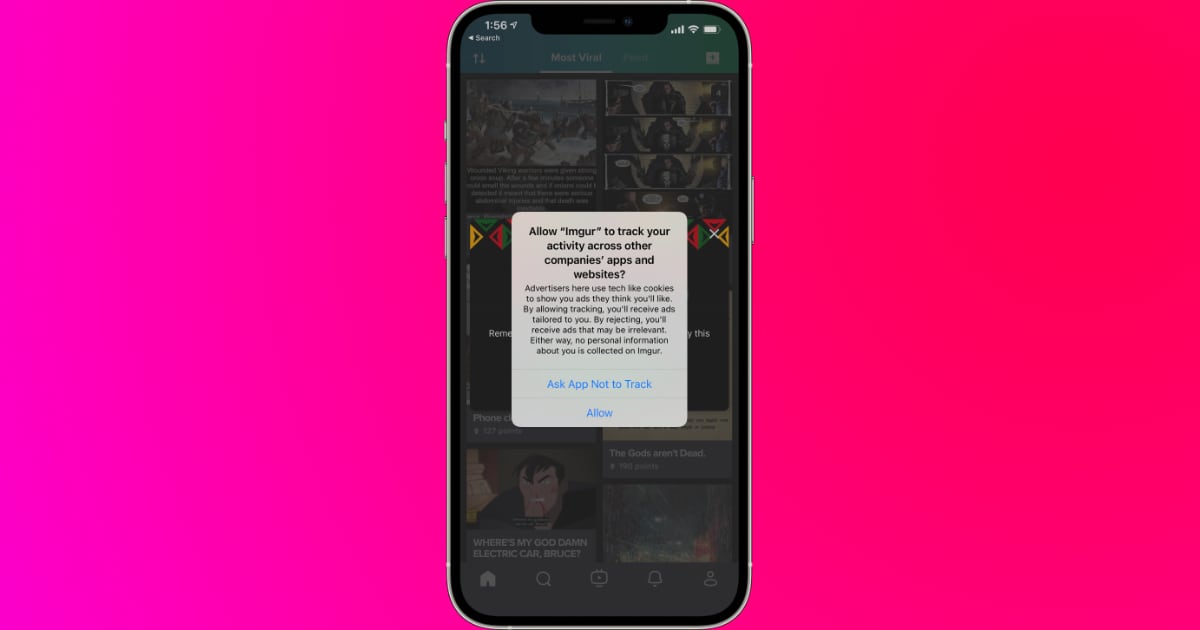According to a new report, Apple’s implementation of its App Tracking Transparency (ATT) rules has caused advertisers to shift their focus from spending on Android instead of iOS. The change has lead to a price rise for ads targeted at Android users.

App Tracking Transparency forcing advertisers to spend more on Android ads
Initially announced at WWDC 20, App Tracking Transparency lets users control whether they want to allow apps to track them across iOS or not. The tech giant only recently started enforcing App Tracking Transparency with the arrival of iOS 14.5. According to a new Wall Street Journal report, this is causing a noticeable impact on the price of ads targeting iOS users due to the lack of data.
Digital advertisers say they have lost much of the granular data that made mobile ads on iOS devices effective and justified their prices. In recent months, ad-buyers have deployed their iOS ad spending in much less targeted ways than were previously possible, marketers and ad-tech companies say.
As per figures from ad analytics firm Tenjin cited by WSJ, spending on iOS ads dropped by a third within the span of a month. At the same time, advertising on Android rose by approximately 10%.
As more of that information has emerged, advertisers have adjusted their buying strategies. Spending on iOS mobile advertising has fallen by about one-third between June 1 and July 1, according to ad-measurement firm Tenjin Inc. Android spending rose 10% over the same period, Tenjin said.
Digital-ad agency Tinuiti Inc. has seen a similar pattern in its clients’ spending, research director Andy Taylor said. When iOS users opted out of tracking, Tinuiti advertisers couldn’t bid on them, he said. That dearth of iOS users drove up demand—and ad prices—for Android users. About 72.8% of smartphones world-wide use the Android operating system, and about 26.4% use iOS, according to Statcounter.
One reason why digital advertisers are spending less on iOS ads is the lack of “granular data that made mobile ads on iOS devices effective and justified their prices.” Without access to user tracking, advertisers have lesser user data to work with. This data helps advertisers target their ads to potential consumers.
In recent months, ad-buyers have deployed their iOS ad spending in much less targeted ways than were previously possible, marketers and ad-tech companies say. The shortage of user data to fuel Facebook Inc.’s suite of powerful ad-targeting tools reduces their effectiveness and appeal among some advertisers, ad agencies say
Learn how to use App Tracking Transparency to block apps from tracking you here.
1 comment
Comments are closed.